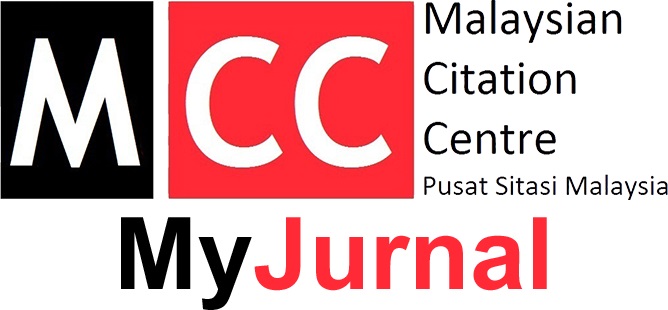Publication Malpractise Statement
At the Journal of Academia, we are committed to upholding the highest standards of ethical behavior and preventing any form of publication malpractice. All parties involved in the publication process — authors, editors, reviewers, and publishers — are expected to fully adhere to our ethical standards.
1. Duties of Authors
-
Originality and Plagiarism: Authors must ensure that their works are entirely original. If authors have used the work and/or words of others, appropriate citations or quotations must be provided. Plagiarism in all its forms constitutes unethical publishing behavior and is unacceptable.
-
Multiple, Redundant, or Concurrent Publication: Authors should not submit the same manuscript to more than one journal concurrently. Submitting the same paper to multiple journals is unethical and unacceptable.
-
Data Accuracy and Fabrication: Authors must accurately present their research findings. Fabricating, falsifying, or manipulating data constitutes unethical behavior and is strictly prohibited.
-
Acknowledgment of Sources: Proper acknowledgment of the work of others must always be given. Authors should cite publications that have influenced the reported work.
-
Disclosure and Conflicts of Interest: All authors must disclose any financial or substantive conflict of interest that might influence the results or interpretation of their manuscript.
-
Authorship of the Paper: Authorship should be limited to those who have made significant contributions to the conception, design, execution, or interpretation of the reported study. All significant contributors should be listed as co-authors.
2. Duties of Editors
-
Publication Decisions: The Chief Editor is responsible for deciding which submitted manuscripts should be published, based on the work’s importance, originality, clarity, and relevance to the journal’s scope.
-
Fair Play: Manuscripts shall be evaluated solely based on their academic merit without regard to the authors' race, gender, sexual orientation, religious beliefs, ethnic origin, citizenship, or political philosophy.
-
Confidentiality: The editorial team must not disclose any information about a submitted manuscript to anyone other than the corresponding author, reviewers, potential reviewers, other editorial advisers, and the publisher.
-
Conflict of Interest: Editors must not use unpublished information disclosed in a submitted manuscript for their own research purposes without the author's explicit written consent.
3. Duties of Reviewers
-
Contribution to Editorial Decision: Peer review assists the editor in making editorial decisions and, through editorial communication with the author, may also assist the author in improving the paper.
-
Promptness: Any invited reviewer who feels unqualified to review the research or knows that prompt review will be impossible should notify the editor immediately and decline the invitation.
-
Confidentiality: Manuscripts received for review must be treated as confidential documents. They must not be shown to or discussed with others.
-
Standards of Objectivity: Reviews should be conducted objectively. Personal criticism of the author is inappropriate. Reviewers should express their views clearly with supporting arguments.
-
Acknowledgment of Sources: Reviewers should identify relevant published work that has not been cited by the authors. Any statement that an observation or argument had been previously reported should be accompanied by the relevant citation.
-
Disclosure and Conflict of Interest: Reviewers should not review manuscripts in which they have conflicts of interest resulting from competitive, collaborative, or other relationships or connections with any of the authors, companies, or institutions connected to the papers.
4. Publisher's Confirmation
In cases of alleged or proven scientific misconduct, fraudulent publication, or plagiarism, the publisher will take all appropriate measures to clarify the situation and amend the article in question. This includes the prompt publication of an erratum, clarification, or, in the most severe cases, retraction of the affected work.











